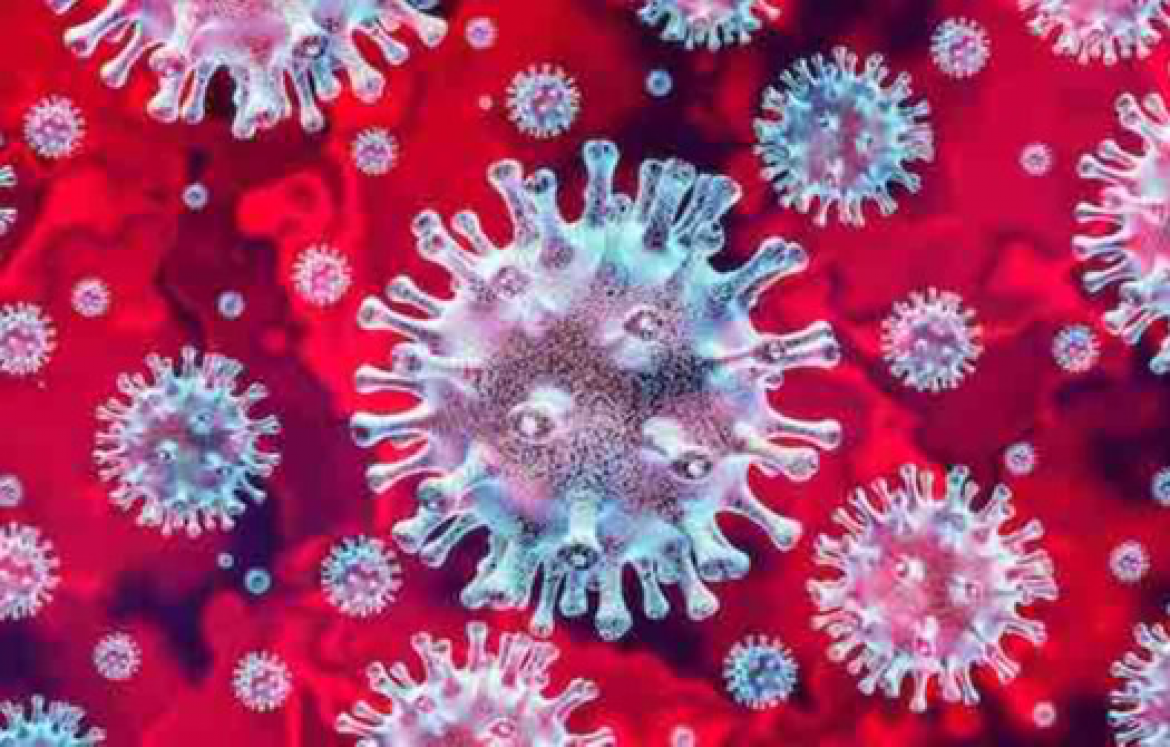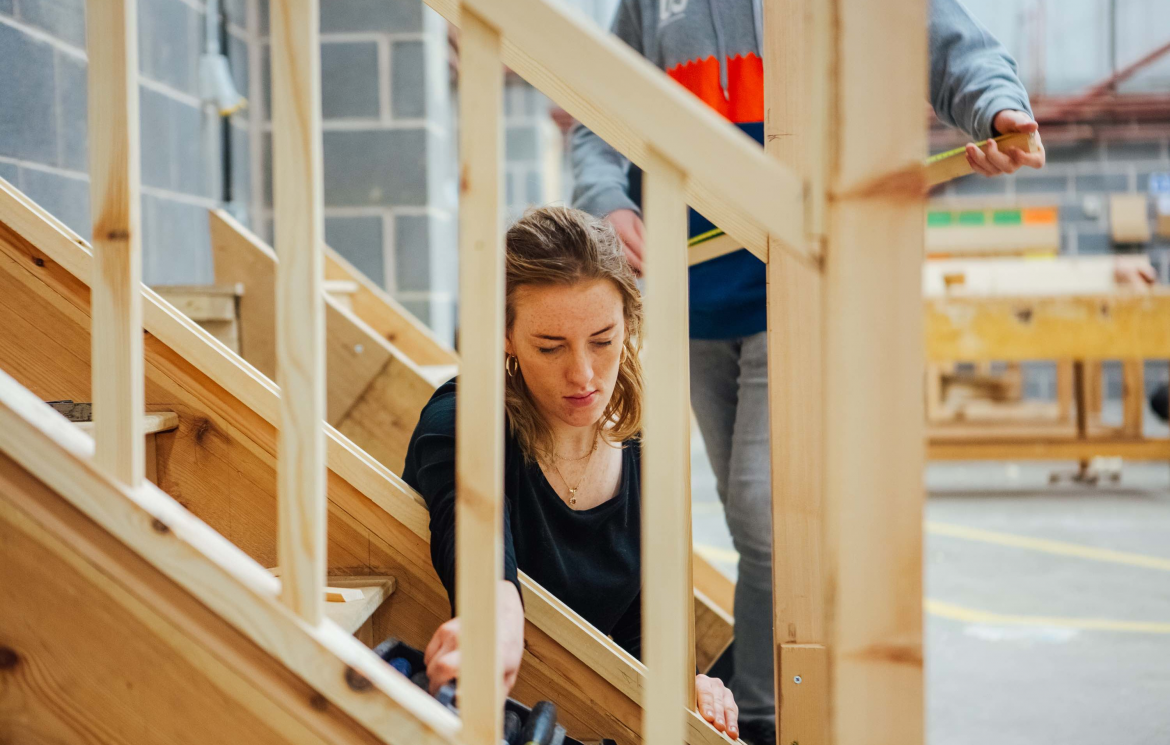
Updated: May 27th, 2022
1. What is Covid-19 and what are the symptoms?
The Covid-19 coronavirus is a new virus that has not been seen in humans before. Most people who have Covid-19 exhibit at least one of the following symptoms:
- A new, continuous cough
- A fever - a high temperature of 37.8°C or above
- Loss or change to smell or taste
The list of symptoms has been updated to include:
- Shortness of breath
- Feeling tired or exhausted
- An aching body
- A headache
- A sore throat
- A blocked or runny nose
- Loss of appetite
- Diarrhoea
- Feeling sick or being sick
The symptoms are very similar to symptoms of other illnesses such as colds and flu.
2. Is the College open to students as usual?
All of our campuses are open as usual to students in line with the latest government guidance.
The wearing of face coverings on campus is still encouraged but remains a personal choice. We will continue to provide hand sanitiser stations, regular cleaning and ventilation to help keep our college community safe.
We will continue with a Covid-19 risk assessment, which is regularly reviewed in line with government and public health guidance. We have a Covid-19 intervention plan should any outbreaks or incidents arise.
3. How do I protect myself and help stop the transmission of the virus?
Please follow the latest guidelines. You can find the most up-to-date advice on the government website as well as the NHS website.
The key things to remember are:
- Get vaccinated.
- Meet up outside or if you’re indoors open windows or doors if you have visitors.
- If you think you might have Covid-19 symptoms, take a test and stay home.
- Wear face coverings in crowded places to help protect others.
- Check-in with the NHS Covid-19 app when you’re out.
- Wash your hands regularly and for at least 20 seconds with soap.
- Use hand sanitiser gel if soap and water are not available.
- Cover your mouth and nose with a tissue or your sleeve when you cough or sneeze.
- Put used tissues in the bin straight away and wash your hands afterwards.
- Try to avoid close contact with people who are unwell.
- Don’t touch your eyes, nose or mouth if your hands are not clean.
4. What should I do if I have Covid-19 symptoms?
Please try to stay at home and avoid contact with other people if you:
- Have any symptoms of Covid-19 and you do not feel well enough to go to work or do your normal activities.
- Have tested positive for Covid-19 – this means it's very likely you have the virus.
If you've tested positive for Covid-19 and you are over 18 you should:
- Try to stay at home and avoid contact with other people for five days.
- Avoid meeting people at higher risk from Covid-19 for 10 days, especially if their immune system means they’re at higher risk of serious illness from Covid-19, even if they’ve had a Covid-19 vaccine.
- If you are aged 18 or under and you test positive, you should try to stay at home and avoid contact with other people for three days. This starts from the day after you did the test.
- Young people tend to be infectious to others for less time than adults. If you are well and do not have a temperature after three days, there’s a much lower risk that you will pass on Covid-19 to others.
5. What do students for this academic year 2021/22 need to know?
The wearing of face coverings by students, staff and visitors is still encouraged but remains a personal choice.
We will continue to provide hand sanitiser stations, regular cleaning and ventilation to help keep our college community safe. Our Covid-19 Student Charter also outlines our expectations of students whilst on campus to help to minimise transmission of the virus.
6. What are the main elements of the Covid-19 Student Charter?
Please:
- Follow our current guidelines on the use of face coverings.
- Let us know if you have tested positive.
- Walk or cycle to college, if possible.
- Use contactless payments, if you can.
- Clear away your litter, put it in the bins, and wipe down surfaces.
- Regularly wash your hands for at least 20 seconds.
- Seek help if you are struggling with your mental wellbeing.
Please avoid:
- Sharing equipment such as pens, pencils and calculators.
- Touching your eyes, nose, or mouth, if possible.
7. What happens if I have a confirmed positive Covid-19 test?
You should try to stay at home and avoid contact with other people for five days after the day you took the test. For details, please read the NHS guidance.
If you are aged 18 or under and you test positive, you should try to stay at home and avoid contact with other people for three days. This starts from the day after you did the test.
Young people tend to be infectious to others for less time than adults. If you are well and do not have a temperature after three days, there’s a much lower risk that you will pass on Covid-19 to others.
All students and their households should report any positive test results by calling 119 or through this online form. Students should also inform the College.
8. Where can I get more help?
- Use the NHS 111 online service if symptoms become difficult to cope with, get worse or do not go after seven days.
- The NHS 111 telephone service is available for people who are not online. Only call 111 if you cannot get help via the online service.
- If you have difficulties with communicating or hearing, please call 18001 111 on a textphone or use the NHS 111 British Sign Language interpreter service.
- In an emergency (a life-threatening) situation, dial 999.
9. I have a safeguarding concern - what should I do?
If you have a safeguarding concern, please email safeguarding@sheffcol.ac.uk immediately.
10. Where can I get more mental health information and support?
If you are struggling with your mental health, please contact staff or email safeguarding@sheffcol.ac.uk.
11. I am having problems accessing financial support - what should I do?
If you are eligible for financial support from the College and have any questions or concerns about accessing that, then please email financial-support@sheffcol.ac.uk.

